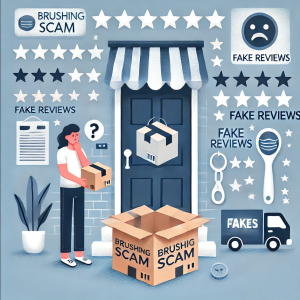In recent years, the rise of bank fraud scams has left many individuals vulnerable to significant financial losses. Scammers use a variety of tactics to trick people into divulging personal information or transferring money under false pretenses. Unfortunately, banks often claim that they are not liable for these scams, stating that the incidents are not classified as fraud but rather as scams.
This distinction can be confusing for customers, as the end result is the same: their money is stolen. Banks like Chase have been notable examples where customers have reported difficulty in getting their money back after falling victim to scams. The lack of accountability from these financial institutions leaves many feeling unprotected and frustrated.
To combat this issue, it is crucial for banks to take a more proactive stance in protecting their customers. This includes:
- Educating Customers: Providing information on common scam tactics and how to avoid them.
- Enhancing Security Measures: Implementing stronger security protocols to detect and prevent fraudulent activities.
- Supporting Victims: Offering more assistance to those who have been scammed, including easier processes for reporting and recovering lost funds.
By taking these steps, banks can help reduce the incidence of scams and build greater trust with their customers. Financial institutions have the resources and capabilities to make a significant impact in the fight against scams, and it is their duty to use these assets to protect the public.




